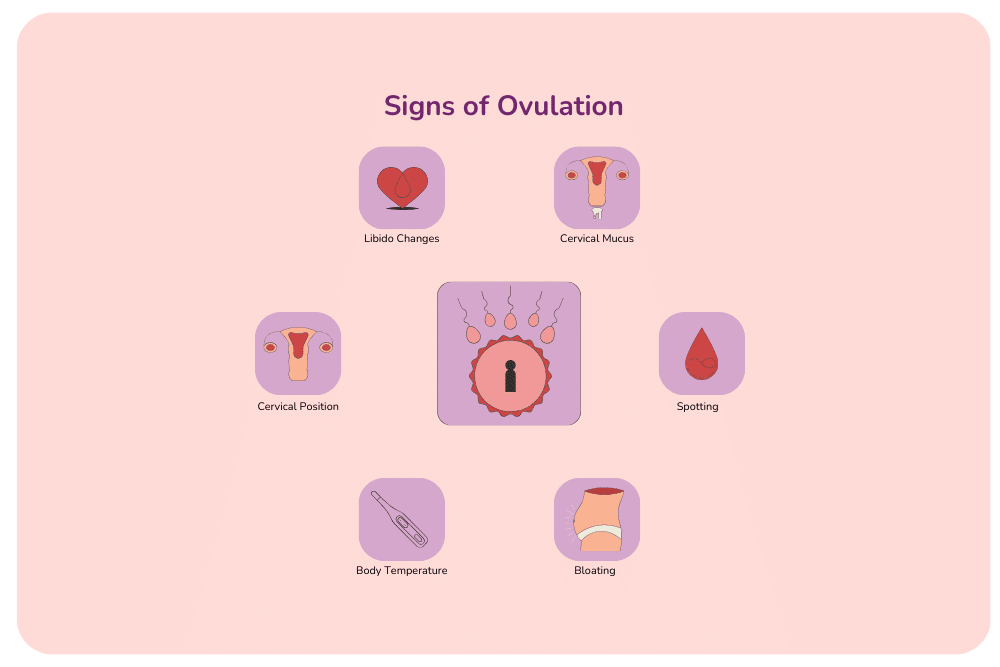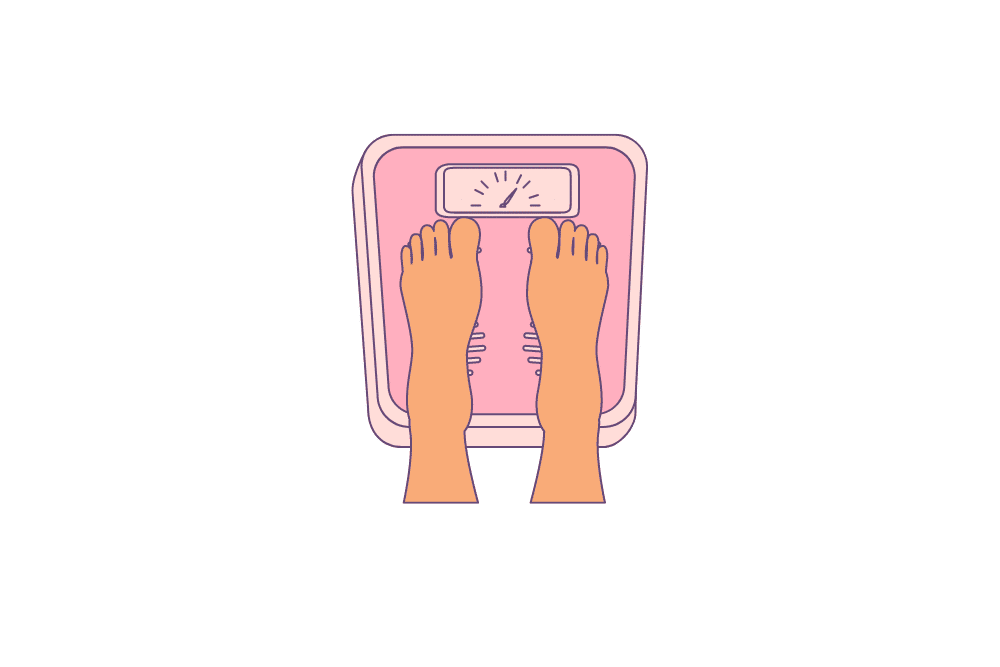The question of whether you can obtain a medical certificate without physically visiting a doctor has become increasingly relevant. As life becomes busier and more interconnected, the need for convenient solutions to routine healthcare matters has given rise to new possibilities.
In this article, we delve into medical certificates, exploring the potential of getting a medical certificate online and alternatives to traditional doctor’s visits. Whether you’re seeking to understand the requirements for obtaining medical certificates or wondering if you can secure one without stepping into a clinic, join us as we uncover the answers you need in the modern age of healthcare.
Why You Need a Medical Certificate
Alright, let’s start with a little scenario. You wake up one morning, and something feels off. Maybe it’s a relentless fever, a nagging cough, or painful period cramps paying an unwelcome visit. You’re feeling under the weather, and all you want to do is curl up under a cosy blanket and binge-watch your favourite TV series.
But hold on a second – reality checks in. You’ve got work to do, or maybe it’s that important meeting you can’t miss. So, what do you do? You might need a medical certificate.
The Ticket to Sick Leave
First and foremost, a medical certificate is your documentation for taking sick leave from work. It’s like your hall pass in the world of employment. When you’re unwell and can’t make it to work, your employer may ask for a medical certificate as proof of your illness. This little piece of paper vouches for your genuine need for some time off to recover.
Making Travel Plans
Imagine this: You’ve been eagerly waiting for that holiday, and you fall ill just days before you’re set to jet off. A total buzzkill, right? Well, this is where a medical certificate can come to the rescue. Airlines and travel insurance providers might ask for one if you need to cancel or reschedule your trip due to a medical condition.
University Exams
If you’re a student, you’re no stranger to the pressure of deadlines and exams. But what happens if illness strikes at the worst possible time? A medical certificate can be your academic saviour. It provides official documentation of your inability to attend classes or complete assignments due to health reasons. It’s like having a backup plan for your academic journey. Find out more about the requirements for obtaining a medical certificate for exams.
Other Life Scenarios
Medical certificates aren’t just for sick days; they come in handy in various life situations. Need to prove your fitness for a new job? A pre-employment medical certificate can do the trick. Medical certificates serve as evidence of your health status, and their applications can be as diverse as life itself.
The Bottom Line: A Health Record Trail
In a nutshell, a medical certificate is more than just a piece of paper. It’s your official statement of your health condition at a particular time. It helps you take care of yourself, whether that means getting the rest you need, ensuring your travel plans aren’t derailed, or navigating life’s unexpected twists and turns. So, the next time you feel under the weather, remember that a medical certificate might be your ally in getting back on your feet.

Exploring the Option of Obtaining Medical Certificates Online
You’re snug at home in your favourite PJs, sipping a cup of tea and maybe even binge-watching your latest Netflix obsession. Suddenly, it hits you—you need a medical certificate. Traditionally, this meant bundling up, making a doctor’s appointment, and sitting in the waiting room with an outdated magazine collection. But now there’s a new healthcare tool: online medical certificates.
Tech Meets Health
First things first, we’ve got to give a shoutout to technology. It’s brought the world to our fingertips, including healthcare. Online medical certificates are part of this digital healthcare revolution. They let you connect with qualified doctors without leaving your comfort zone. Your smartphone or laptop becomes your healthcare portal for ultimate convenience!
The Beauty of Convenience
One of the shining stars of online certificates is convenience. Say goodbye to the hassle of scheduling appointments, waiting in line, and spending precious hours in traffic. With just a few clicks, you can book a virtual appointment with an Australian registered doctor, chat about your condition, and even get your hands on a digital medical certificate.
The Online Certificate Journey
Wondering how it all works? Well, it’s pretty straightforward. Sign up on the Youly platform, just like creating an online shopping account. Then, you book an appointment with a medical practitioner to chat via phone call. During your consultation, you discuss your health concerns, and if the doctor deems it necessary, they’ll send a digital medical certificate via email.
The Big Question: Are Online Medical Certificates Legal in Australia?
Now, here’s the million-dollar question: Are online medical certificates legit? While online certificates are becoming widely accepted, doing your homework is important. Make sure you’re using a reputable telehealth service with Australian registered doctors and that the certificate aligns with the requirements of the party you need to provide it. Legitimacy is key!
The Bottom Line: Convenience with a Dash of Caution
As we navigate the world of online medical certificates, it’s all about finding that sweet spot between convenience and responsibility. The convenience of online certificates can be a game-changer, especially for busy women and those who prefer the comfort of home. But remember, with great convenience comes great responsibility—ensuring that the certificate you get is recognised and accepted is just as important as the PJs you wear during your virtual visit.

When Can You Skip the Doctor?
In Australia, obtaining a medical certificate is a familiar part of life, whether you’re seeking one for sick leave, travel, uni exams, or other reasons. However, not every situation demands a trip to the doctor’s office. Like many countries, Australia recognises that some medical issues can be straightforward or self-evident, and there are instances where you can skip the doctor and still secure a valid certificate. Let’s explore these scenarios:
Minor Illnesses and Common Cold
For common illnesses like a mild cold or flu that resolve on their own, it’s often unnecessary to see a doctor. In such cases, many workplaces and institutions accept self-certification, where you provide a brief statement explaining your absence due to illness. However, always check your employer or institution’s specific policies regarding self-certification, especially if your sick leave aligns borders with a weekend or annual leave.
Short-Term Illnesses
In Australia, for short-term illnesses lasting a few days, some employers may accept self-certification for sick leave. This means you can provide a written statement explaining your illness without visiting a doctor. However, policies vary between employers, so it’s advisable to familiarise yourself with your workplace’s sick leave policy.
Pharmacist Certificates
In some cases, pharmacists can provide certificates for minor ailments and illnesses. Known as “pharmacist certificates” or “absence from work certificates,” these documents are often accepted by employers and schools for short periods of leave. They are convenient for minor illnesses and can save you a trip to the doctor’s office.
Telehealth Consultations
Australia has embraced telehealth services, allowing individuals to consult with healthcare providers remotely. Telemedicine consultations can be a practical option for obtaining medical certificates for common and non-urgent conditions without physically visiting a doctor’s clinic.
Repeat Prescriptions
If you have an existing medical condition that requires regular medication, you can often obtain prescription renewals online or from your regular doctor without an in-person visit. This can be especially helpful for managing chronic conditions and ensuring ongoing treatment.
While these situations may allow you to skip a visit to the doctor for a certificate, it’s important to adhere to your specific workplace, school, or institution’s policies. Always verify the requirements for obtaining and submitting medical certificates, as policies vary widely.
In Australia, the flexibility to obtain medical certificates in various ways reflects the country’s commitment to ensuring access to healthcare documentation while maintaining efficiency and convenience for individuals. Understanding these alternatives can help you navigate the Australian healthcare system more effectively, ensuring you obtain the necessary certificates.





